
OR
Debate over Nepal’s debacle in Malaysia; players at losing side again
Published On: September 6, 2018 09:06 AM NPT By: Rajan Shah
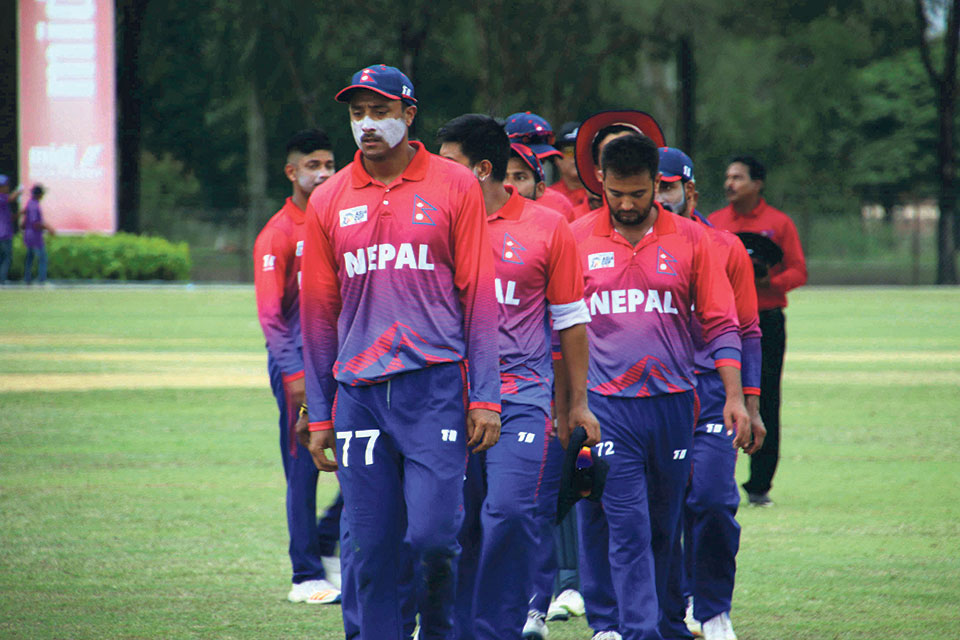
KATHMANDU, Sept 6: Nepal national cricket team’s participation in ICC World T20 back in 2014 introduced the sports to many new fans in the country. To an extent, it introduced the shortest and simplest format of cricket for Nepali enthusiasts ranging from the laymen to big corporate bodies.
The event brought T20 culture in Nepal, evident from the resounding success of Dhangadhi Premier League (DPL) and Everest Premier League (EPL) as Nepal’s flag bearer in the world of franchise T20 leagues. The 18-year-old Sandeep Lamichhane’s Indian Premier League (IPL) stint for Delhi Daredevils this year took it to epidemic levels.
In four years, Nepal is close to having three annual T20 premier leagues. On the other hand, there is only one 50-over league, Inter-provincial Prime Minister Cup, which lasts for merely two weeks during the rainy season in Kathmandu.
The number of T20 leagues at the provincial levels is uncountable with local aspiring players busy throughout the year.
Nepal only earned the ODI status earlier this year after surviving the ICC World Cricket League Division 2 in Namibia and ICC World Cup Qualifiers in Zimbabwe. It is yet to be seen if any province or city comes up with a 50-over league after the Birat Cup, set to be held in Biratnagar, was canceled earlier this year. The current debacle of the national team in Malaysia during the ACC Asia Cup Qualifiers demands an imminent one.
Amid all this, Cricket Association of Nepal (CAN) remains idle. Reinstatement of CAN is already overly delayed. As per knowledgeable sources, players, support staff and management are all accountable and need to take responsibility on their part for the delay.
Subash Khakurel became the fourth Nepali player to register an ODI half-century. But the strike-rate while opening the batting has cost Nepal valuable net run-rate, which becomes crucial in cut-throat tournaments like the qualifiers where the team has to play five games in seven days. Juggling up the batting order in every other game, and chopping and changing the playing XI has not produced good results for Nepal in the tournament.
The preparations were not adequate, as pointed out by U-19 head coach and former captain of Nepal Binod Das in conversation with Republica.
“It all boils down to the preparations at this level. I am sure, the UAE or Hong Kong or even Oman were better prepared than us,” Das said. “But whatever said and done, we are restricted under ICC guidelines in the absence of CAN. I understand it is a cliché that there is no board or domestic structure but that is the fact. We have a long way to go from the technical perspective.”
Nepal’s success in international arena among the big boys is directly proportional to the resources and opportunities for the players to prepare and practice, he said.
“It is disappointing to see the team lose. But as a former player, I was expecting this was bound to happen. We have limited resources which will bring limited success. Because I am sure we are again going to hammer teams in ICC T20 Eastern Region Qualifiers,” said Das.
Nepal lost against Oman, the UAE, and Hong Kong and won against Singapore and Malaysia during the qualifiers. It was a reminder of Nepal’s status in terms of quality and preparedness when exposed against well-prepared teams.
Nevertheless, the selections, planning and the execution part was appalling too. Unfortunately, echoes of ‘Nepal does not deserve an ODI status’ or ‘Winning the ODI status was fluke’ started making rounds.
It is a known fact that Nepal has underachieved in cricket despite the potential. Too much politicking in the sports bodies and invariable lack of focus in long-term planning are the prime reasons for the current state of affairs.
According to Lekh Bahadur Chhetri, a member of Independent Panel that was formed by ICC to resolve the current crisis in Nepali cricket, the process has moved nowhere.
“We are on ground zero regarding reinstatement of CAN. The Independent Panel had few rounds of meetings, and we are waiting for the legal advisors’ report. The withdrawal of court-cases and subsequent dissolution of ad-hoc committee still remains,” Chhetri told Republica.
“I sometimes think that people do not want to resolve the crisis but seek to take advantage of the situation. Cricket is secondary, vested interests are their primary priorities,” he added. “ICC is not going to take any responsibility for the contempt of court.”
As the stalemate between CAN and National Sports Council over the court case and dissolution of the ad-hoc committee continues to stagnate the administration of cricket in Nepal, another private league is set to be launched in Pokhara.
Chhumbi Lama, former chief operation officer of CAN, stepped onto the world of cricket events. Players like skipper Paras Khadka were seen posting photos of the picturesque ground of Pokhara on social media. However, with the recent ODI status, another T20 league can easily be considered as overkill. It could have been a 50-over league.
“There is no dispute that we should be playing more 50-over leagues. But cricket is not a popular sport in Pokhara. And this city does not have the necessary infrastructure to host a 50-over game. We are starting from a scratch here. Players still can’t wear spikes outside Kathmandu or the TU cricket ground. The pitch starts eroding. There are many factors that need to be considered,” said Lama, chairperson of Pokhara Premier League.
“We have long-term plans to host 50-overs or multi-day events too and invite teams from India. But first, we need to establish a cricket environment in the scenic beauty of Pokhara and develop a brand that can appeal to locals as well as tourists,” he added.
Not every associate country is blessed on all fronts of the sport.
The UAE and Hong Kong have facilities and well-functioning cricketing bodies, but they do not have the same number of fans as Nepal. Cricket is an inferior sport in the Netherlands. In comparison, Nepal has very strong lifelines such as fans and private investors.
In a way typical to South Asia, unless players achieve unprecedented success, the government and concerned bodies will not bother about promoting a sport. We can see good examples in cricket in Bangladesh and Pakistan.
There is a history of incidents in the past when players have stood for the right and protested against the wrong. Right now, saving the ODI status in 4 years’ time has to be the prime objective of the nation.
And customarily, only players can save the country’s cricket. If it requires making a pool of players who can lead the country well, then the concerned bodies should think about it.
You May Like This
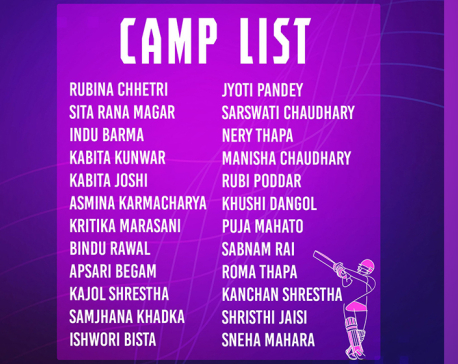
CAN selects 24 players for Asia qualifiers of ICC Women's T20 World Cup
KATHMANDU, August 1: The Cricket Association of Nepal (CAN) has selected 24 players for the Asia Qualifiers of the ICC... Read More...
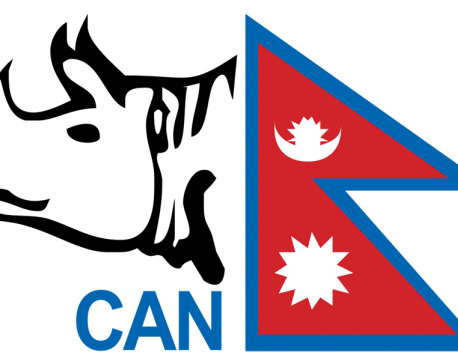
CAN insuring national cricket players against COVID-19
KATHMANDU, Aug 21: The Cricket Association of Nepal (CAN) is preparing to insure the players of the national cricket team... Read More...
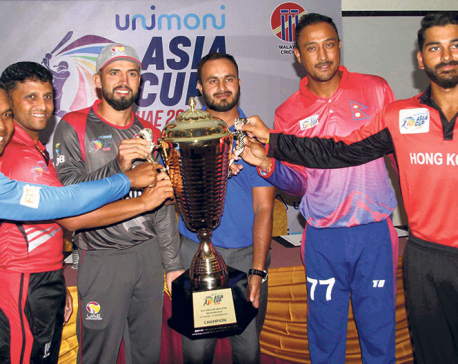
Optimism on flow for Nepal with Asia Cup in sight
KATHMANDU, Aug 29: 2018 has been a remarkable year for Nepal national cricket team. From making heart beats pump at... Read More...


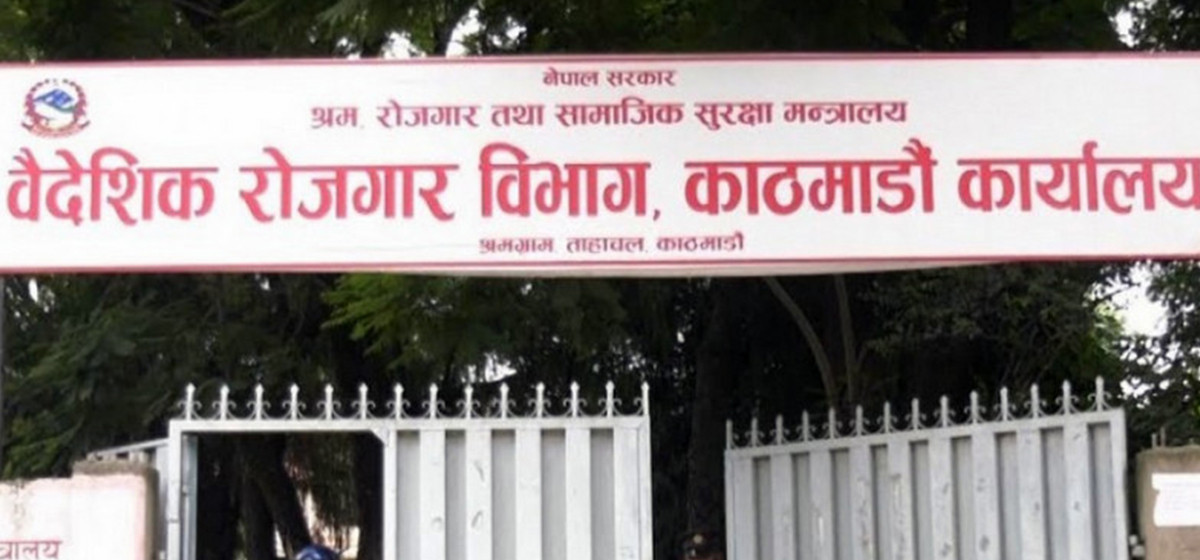
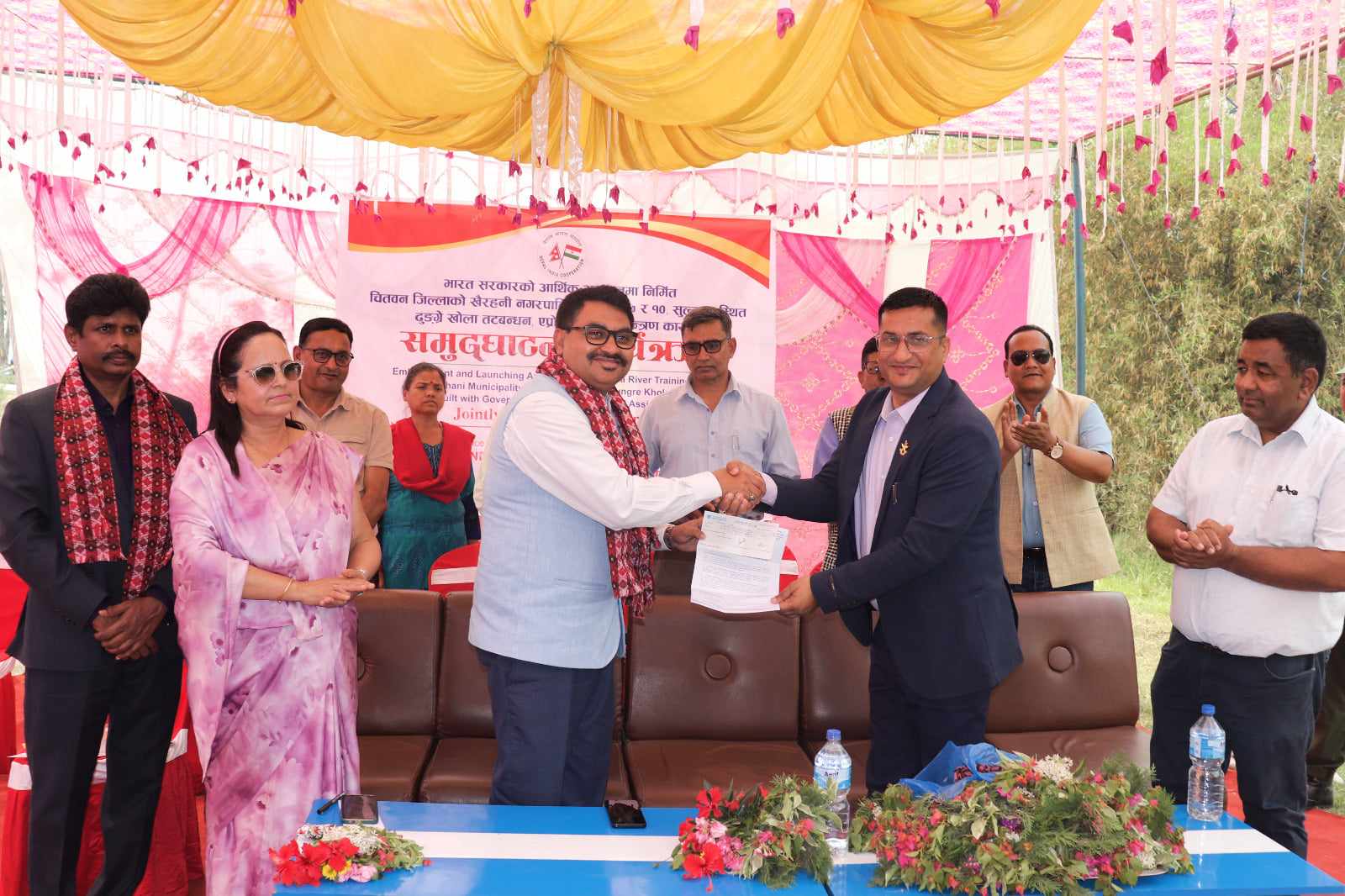
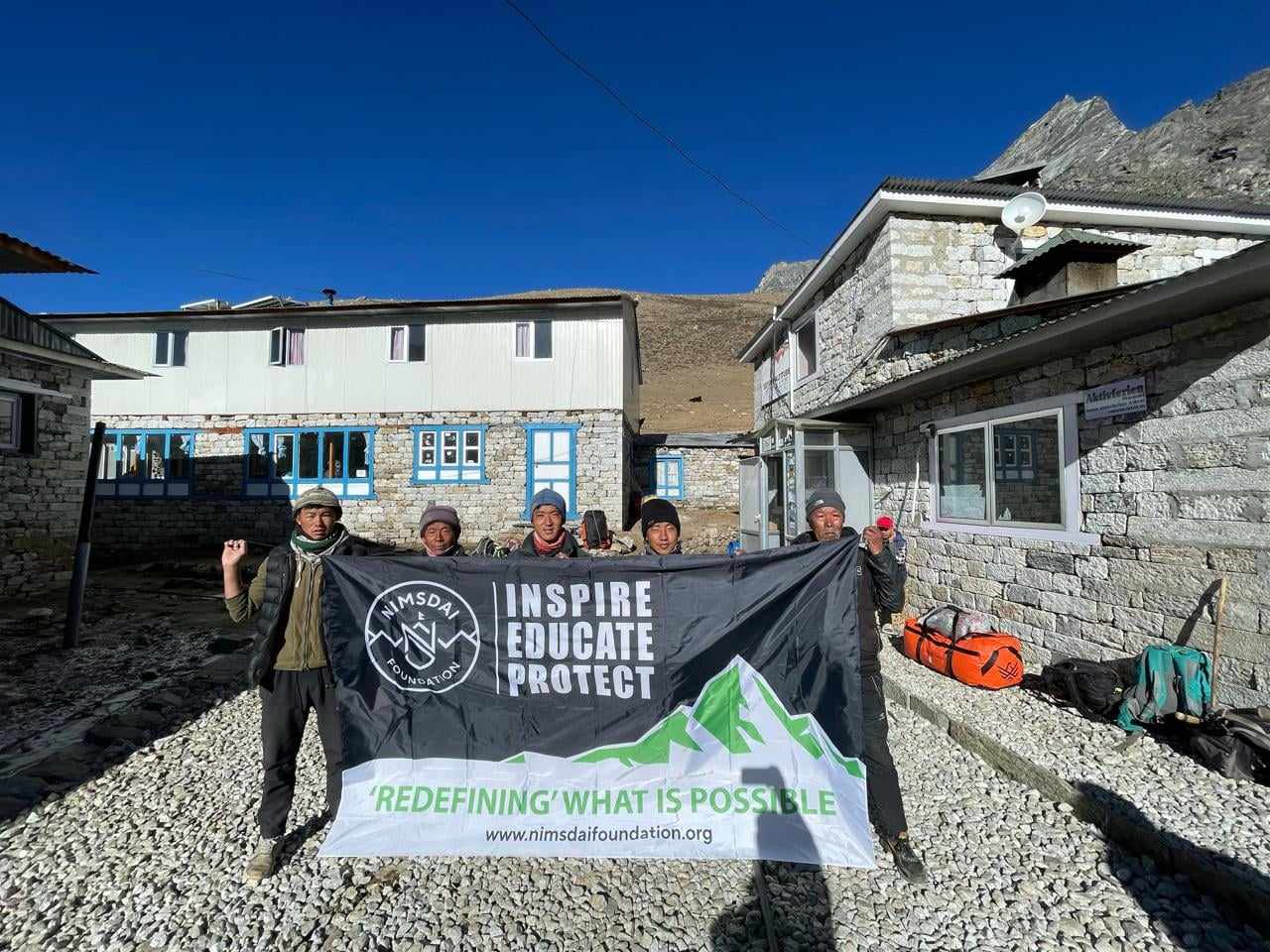

Just In
- DoFE requests relevant parties to provide essential facilities to foreign workers traveling abroad
- Foundation stone laid for building a school in Darchula with Indian financial assistance
- 151 projects to be showcased for FDI in Third Investment Summit
- Police disclose identity of seven individuals arrested with almost 2 kg gold and more than Rs 10 million in cash
- NIMSDAI Foundation collaborates with local govt for Lobuche Porter’s Accommodation Project
- Home Ministry directs recalling security personnel deployed for personal security against existing laws
- Fake Bhutanese refugee case: SC orders continued pre-trial detention for seven individuals including former DPM Rayamajhi
- ADB Vice-President Yang pays courtesy call on PM Dahal











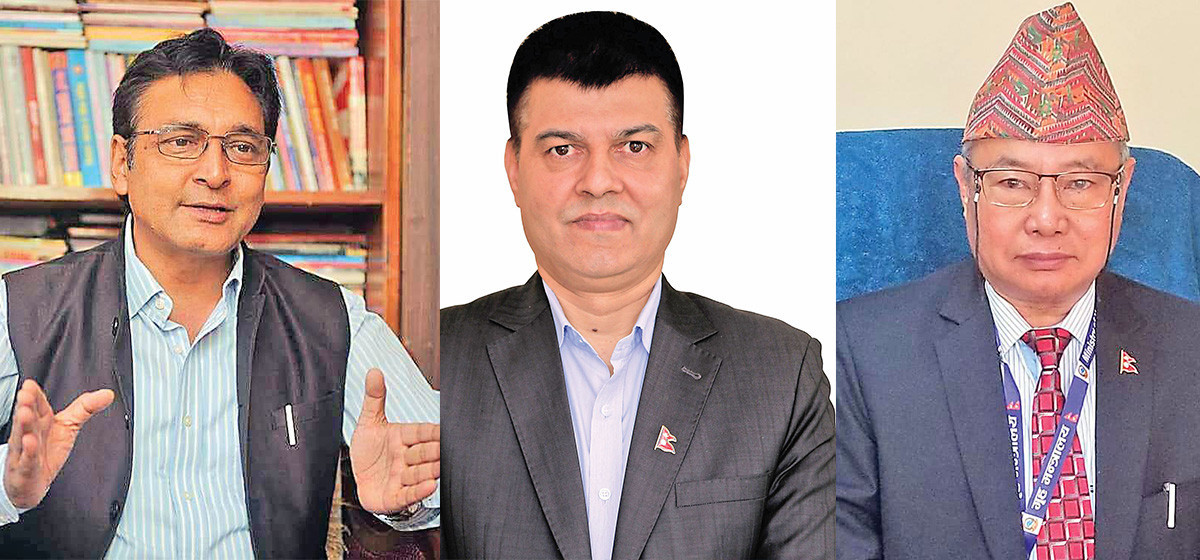
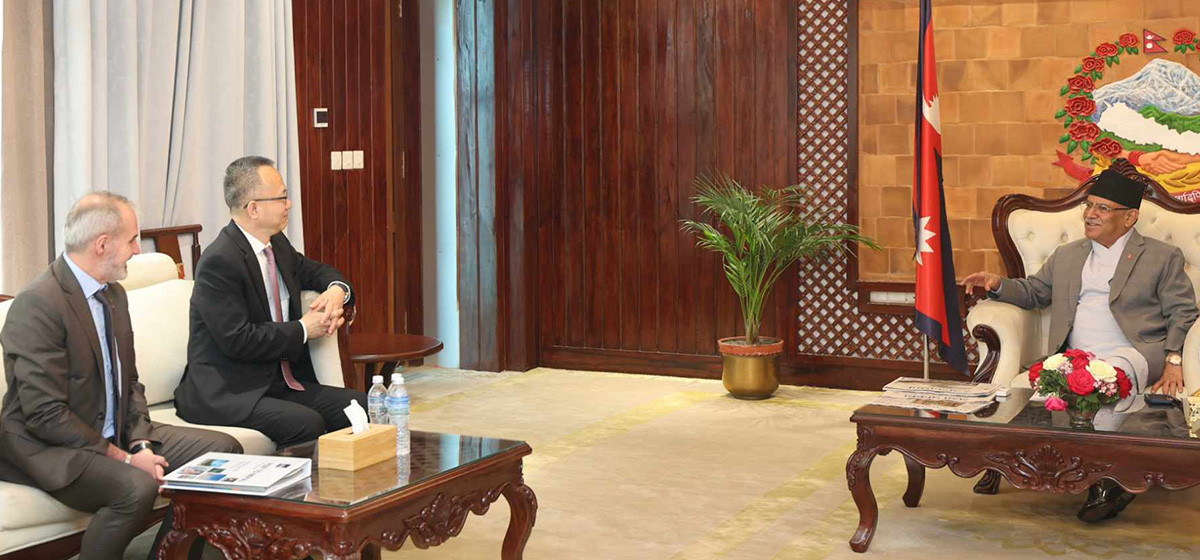
Leave A Comment